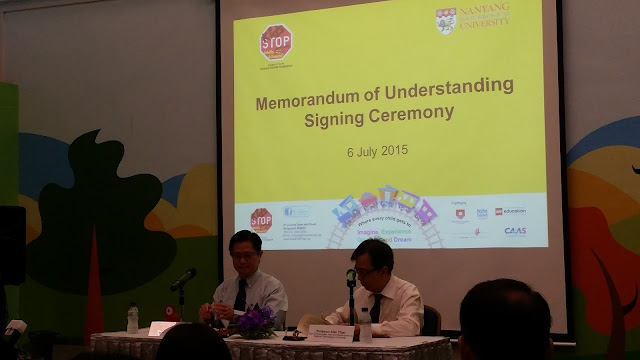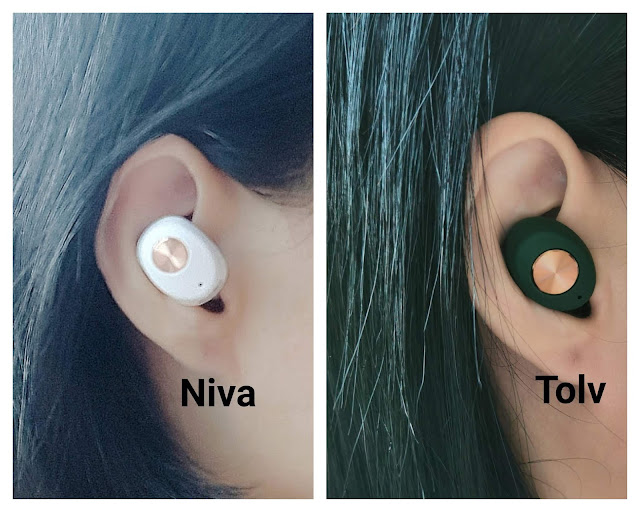NTU Early Cognitive Lab in KidsSTOP Science Centre Singapore
[Media Invite & Programme Highlight]
Have you ever wonder how
your babies and/or toddlers make sense of the world around them? Do they see
animals like we do, and see objects like we do?
These are some of the
questions that a new research programme on early childhood learning by Nanyang
Technological University (NTU) are trying to answer. The studies will provide
insights into whether children are born with early abstract expectations or
whether they learn through socialization. An on-site research facility, Early
Cognitive Lab, will be set up at KidsSTOPTM, conducting a series of
experiments over five years starting on 11 August.
Different experiments will
be created for different age groups. The first two experiments which start this
August and last for a year tests children between two to four years old on
their notion of fairness. The child,
accompanied by his/her parent, will interact with two puppets by distributing
items between them. The process will be
video-recorded and analysed afterwards on how the child distributes the items,
whether equally or unequally. It will help to shed light on early reasoning
about fairness and group loyalty.
The other experiment targets
children one to three years of age. The child will watch videos on social
acting. For example, a person disguises her true feelings by saying that she
likes the cookie given to her by her friend, even though she dislikes it. The
child’s reaction is monitored, and compared with the reactions of another group
of children who will see social acting towards an outgroup member as a
stranger.
By tracking the child’s eye
movement as he/she watches these videos, the researchers can tell which part of
the scene they are paying attention to and their expectations about various social
scenarios.
The research programme is
led by NTU psychology Assistant Professor Setoh Pei Pei who heads the
university’s Early Cognitive Lab.
“This research aims to
improve our understanding of moral and prosocial behaviour in infants and
toddlers. While such studies are common in the United States, studies in the
Asian context are relatively fewer. To fill this gap, the NTU team will carry
out a series of research projects targeted at children from 3months to six
years old
I hope to share with parents
what their babies are thinking about, as well as knowledge about the cognitive,
social and moral development of their children. The results will also allow
early childhood educators to develop better learning programmes for children.”
The NTU’s Early Cognitive
Lab located at KidsSTOPTM will be open from 2 to 6pm daily, and on
weekends, additional hours from 9.30am to 1.30pm. If you are interested to participate, please
contact babylab@ntu.edu.sg before
visiting the Lab. All participants will
enjoy free admission to KidsSTOPTM and KidsSTOPTM members
will receive a token of appreciation for their participation. All participants’ responses will be kept
confidential. At the end of a study, participants will receive the research
findings through email.






Comments
Post a Comment